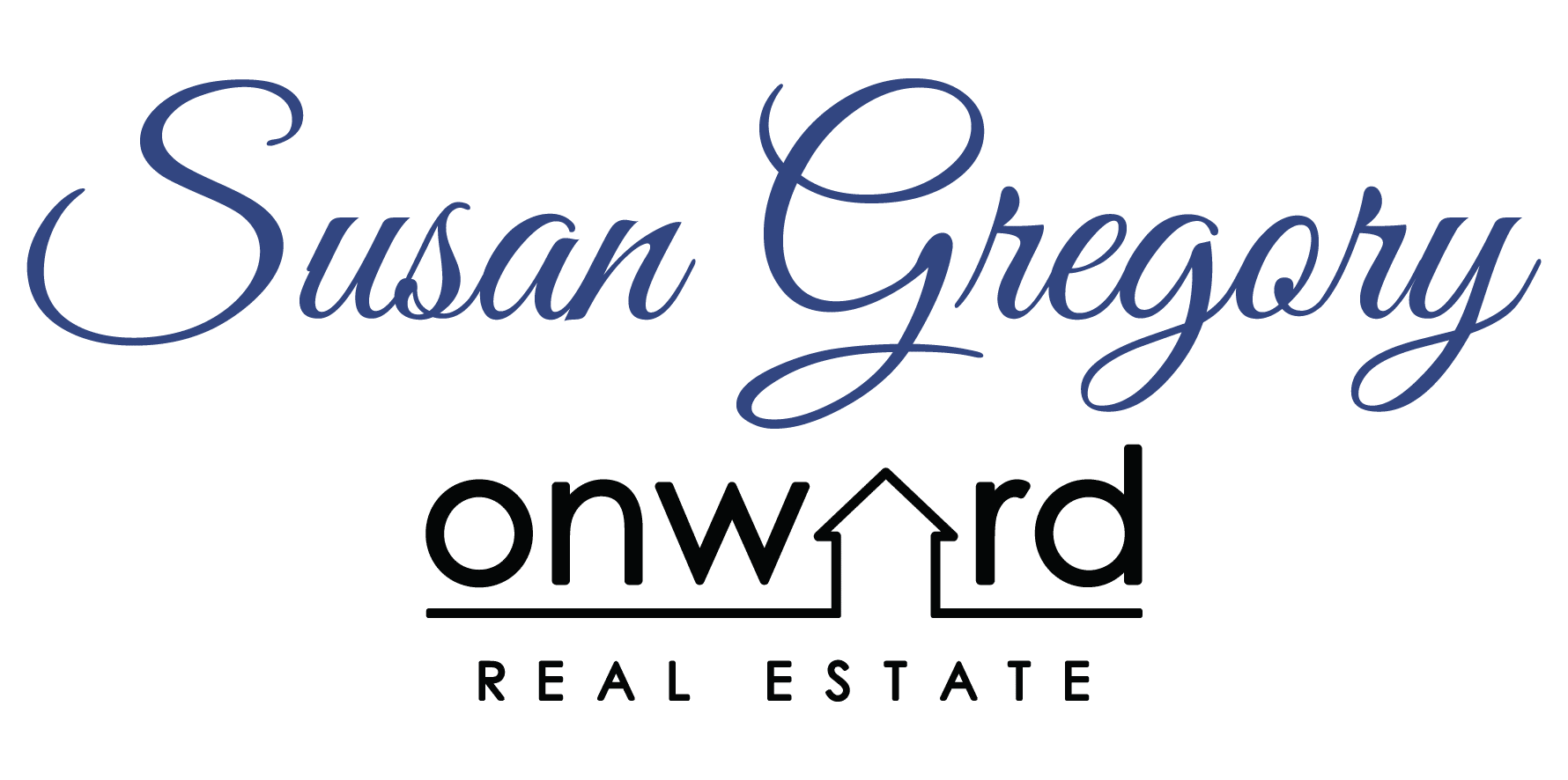An escrow is a legal agreement in which a third party controls money or assets until the other two parties have met specific conditions for the assets to be used. These accounts serve to protect buyers and sellers in financial transactions.
Escrow is a risk reduction method and provides parties involved peace of mind that the assets will be used for the intended purpose at the time deemed for their use.
How Does Escrow Work?
In a real estate transaction, escrow is used to hold a buyer’s earnest money (or good faith deposit), which demonstrates a level of seriousness in following through with the eventual purchase of the home.
After the purchase is complete, escrow may also be used to hold a portion of the homeowner’s monthly mortgage payment, which is then put toward the payment of taxes and insurance.
Escrow may be handled by a mortgage servicer, escrow company, or an escrow agent.
Escrow may be used to pay taxes, insurance and hold earnest money for the purchase of a property.
The Benefits Of An Escrow Account
The biggest benefit of having an escrow account is that you’ll be protected during a real estate transaction – whether you’re the buyer or the seller. It may also protect you as a homeowner, ensuring you have the money to pay for property taxes and homeowners insurance when the bills arrive. You’ll find that there are a few other great benefits for home buyers, owners, and lenders, too.
Escrow When You’d Like To Purchase A Home
After you make an offer on a home, and that offer is accepted, you’ll typically come up with earnest money. You’ll deposit this money into an escrow account to show the home seller that you’re serious about buying their home.
Once the real estate deal closes and you sign all the necessary paperwork and mortgage documents, the earnest money is released by the escrow company. In most cases, buyers get the money back and apply it to their down payment and mortgage closing costs.
If a home sale falls through, buyers might not get their earnest money back. For instance, if you change your mind and decide not to purchase the home, the seller typically keeps the earnest money. However, if the sale falls through because a home inspection finds serious problems with the house or it doesn’t appraise for a high enough value, the buyer might be able to receive a refund of their earnest money.
Escrow For Taxes And Insurance
The escrow account used to buy your home is short-term. But after the closing, a second escrow account, opened by your lender, may be used through the life of your loan.
Most lenders require that you enter into an escrow agreement when you sign a mortgage contract. When calculating your monthly mortgage payment, your lender will calculate what extra money will be needed to maintain the mortgage, and then deposit this money into your escrow account.
When your property taxes and homeowners insurance payments are due, your lender will dip into this account and pay these bills on your behalf. This ensures that you won’t ever pay these bills late and that your insurance provider and the local government won’t place a lien against your house for missed insurance payments or unpaid taxes.
You typically prepay your first year of escrow but you’d then start funding your second year of coverage – and every subsequent year thereafter – as part of your monthly mortgage payments.
How much you pay upfront to cover property taxes will depend on when your first property tax installment is due. Your lender might require, for instance, 3 months of property tax payments upfront to establish your escrow account.
If you want to get expert information about Escrow and the Middle Tennessee market, an experienced, licensed realtor like Susan Gregory can provide assistance and guidance. Susan is a top agent in the state and knows how to price and position your home to move it quickly. Call 615-207-5600 for your home buying and selling needs.

